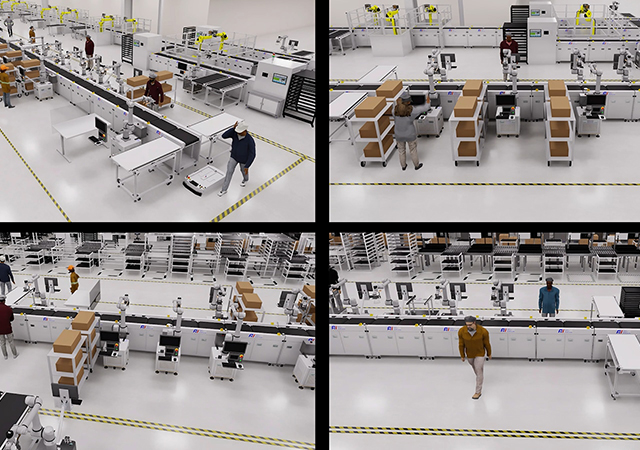
 Image by Shisuka - BigStock
Image by Shisuka - BigStock
The Food and Drink Federation (FDF), the organisation representing the UK food and drink manufacturing sector, has unveiled the next phase of its sustainability initiative, Ambition 2030.
This new strategy builds upon the earlier Ambition 2025 programme and outlines five key goals aimed at reducing the industry's environmental footprint over the next five years.
The focus areas include emissions reduction, fostering a circular economy, sourcing sustainable ingredients, minimising food waste, and enhancing biodiversity.
Ambition 2030 is integral to FDF’s efforts to unite supply chain partners in a long-term strategy to address climate change and biodiversity loss.
The strategy addresses the global challenges posed by climate change and the decline of nature, both of which threaten food production and security. It emphasises the necessity for a collaborative approach across the entire food system to mitigate these impacts.
As one of the UK’s largest industries, employing over half a million people and contributing more than £38 billion ($49 billion) to the economy, food and drink manufacturers are crucial in helping the nation achieve its environmental goals while bolstering food security.
Ambition 2030 is structured around five main pillars, with specific targets for the food and drink manufacturing industry by 2030:
•Net Zero: With the food sector responsible for about a quarter of the UK's total CO₂ emissions, manufacturers aim to support the agrifood supply chain's goal of reducing emissions by 50%, leading to a net-zero commitment by 2040.
•Nature Restoration: Urgent investment in nature restoration initiatives, including regenerative agriculture, will contribute to the UK's goal of halting and reversing biodiversity loss by 2030.
•Sustainable Commodities: The sector recognises the importance of sourcing agricultural commodities sustainably. By eliminating commodity-driven deforestation by 2030, manufacturers aim to prevent further biodiversity loss linked to commodity production.
•Food Waste: Approximately one-third of all food produced is wasted, contributing to around 10% of global CO₂ emissions. Manufacturers are committed to halving food waste from their processes by 2030 and will collaborate with industry partners and the government to reduce food waste in households, which accounts for 70% of the UK’s edible food waste.
•Packaging: While packaging is vital for preserving food, its improper disposal can harm the environment. FDF members are dedicated to fostering a circular economy in the UK and will work with the government to establish an effective packaging recycling system.
In addition to these five goals, the strategy provides practical guidance on measurement, target-setting, and reporting, enabling food and drink manufacturers to take meaningful action at any stage of their sustainability journey.
Karen Betts, Chief Executive of the Food and Drink Federation, stated, "Climate change requires swift action from food systems, whether that's adapting to unpredictable weather or changing production methods. Our sector is actively involved in reducing emissions, restoring nature, minimising food waste, and ensuring sustainable packaging. Ambition 2030 is essential in providing the support needed to navigate future challenges."
Circular Economy Minister Mary Creagh added, "Addressing packaging waste, emissions, and sustainability requires collaboration. It's vital we work together through Ambition 2030 to build on the progress made by food and drink manufacturers."
Andre Burger, General Manager Foods at Unilever UK & Ireland and Chair of the FDF’s Environmental Sustainability Committee, emphasised the urgency of tackling climate change. "The Ambition 2030 strategy showcases the vital efforts in our sector and outlines how every business can contribute," he said. "Collaboration with government and across the supply chain will be key to achieving these ambitious goals."


